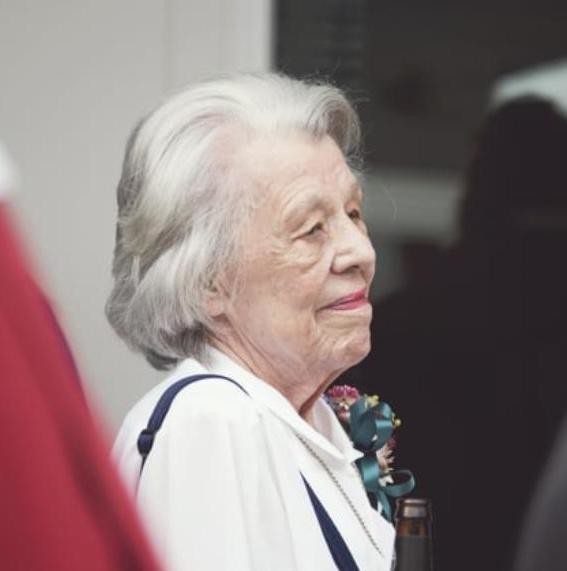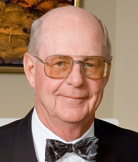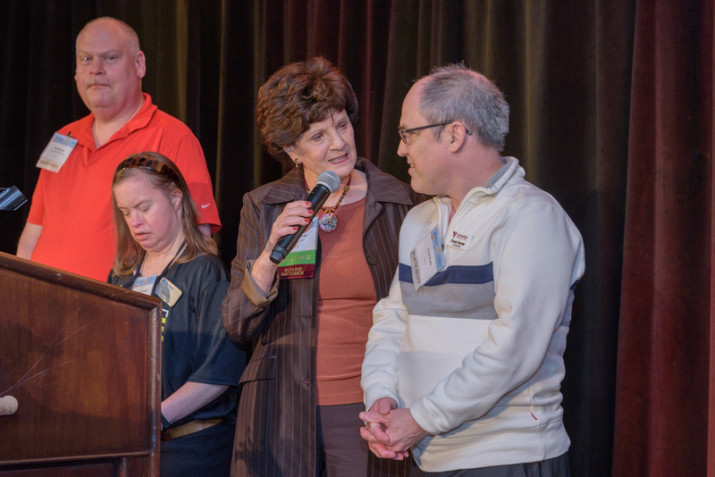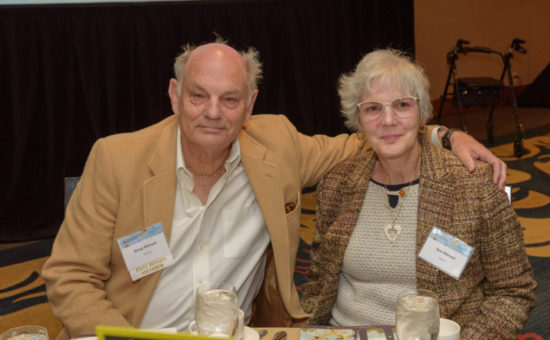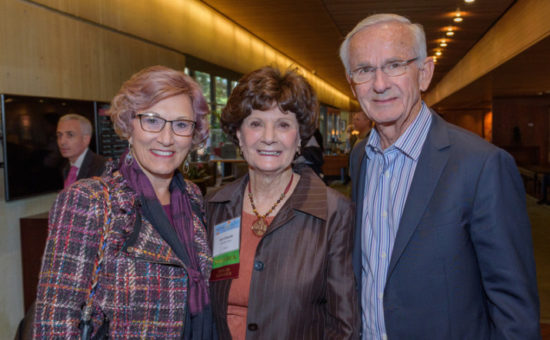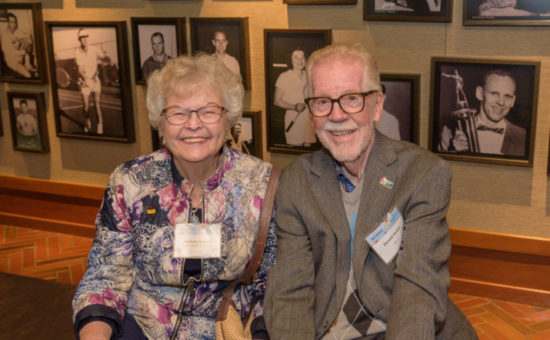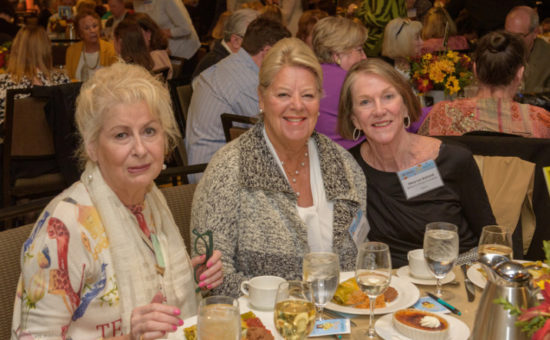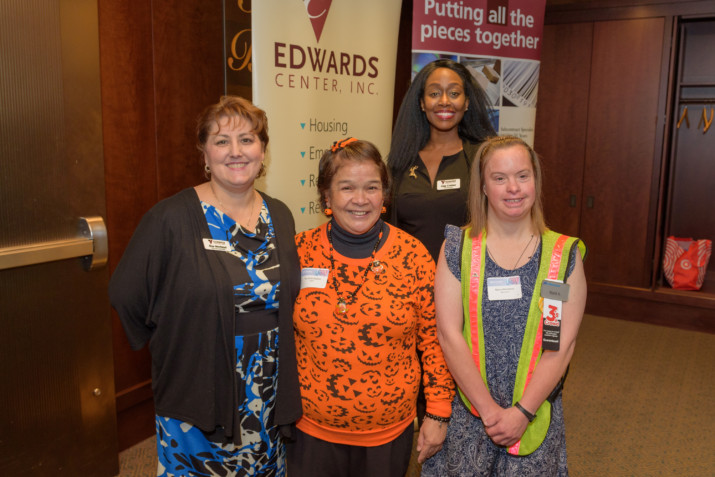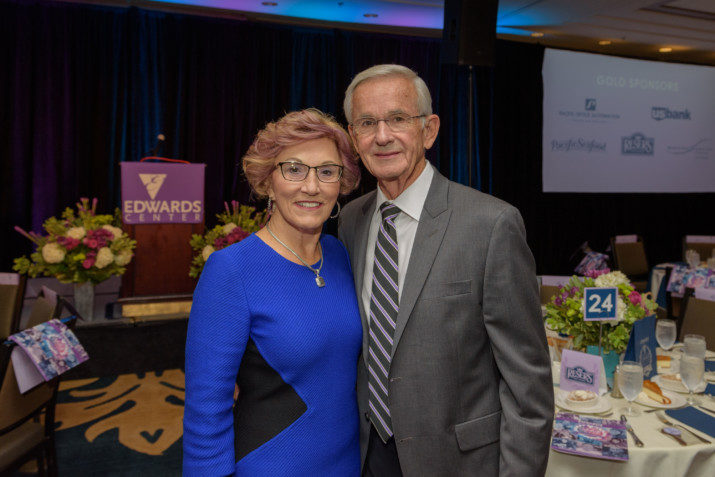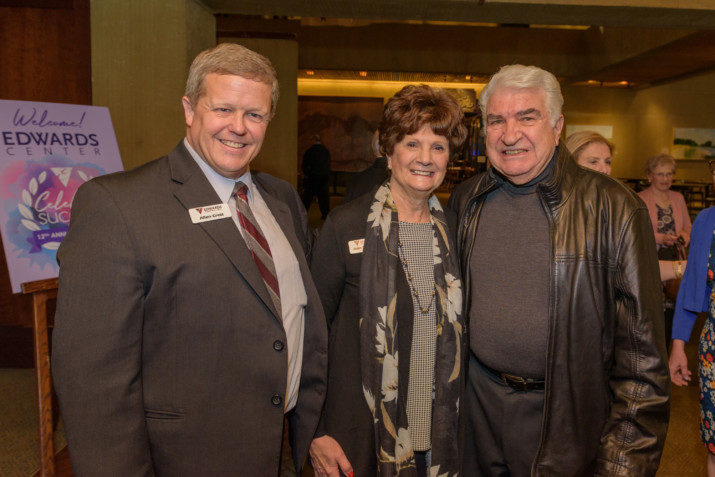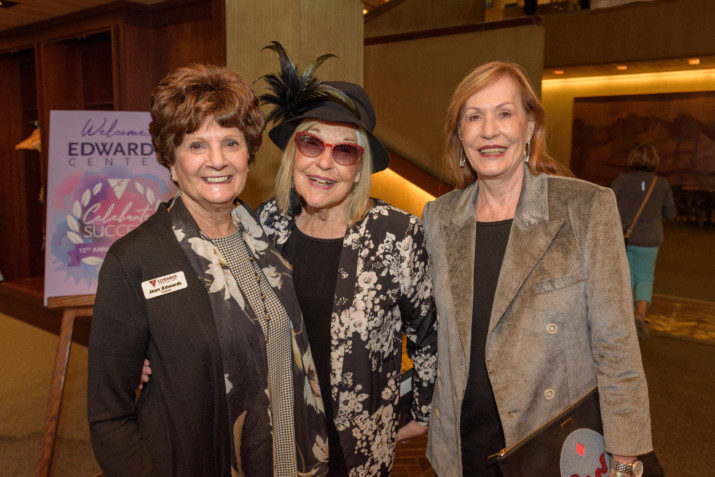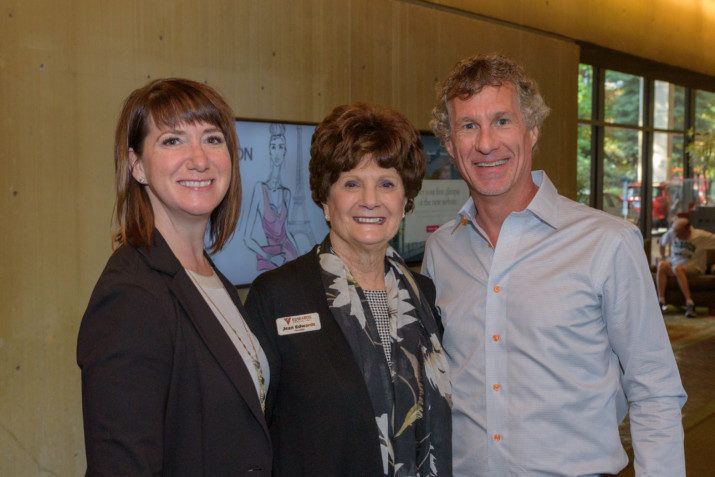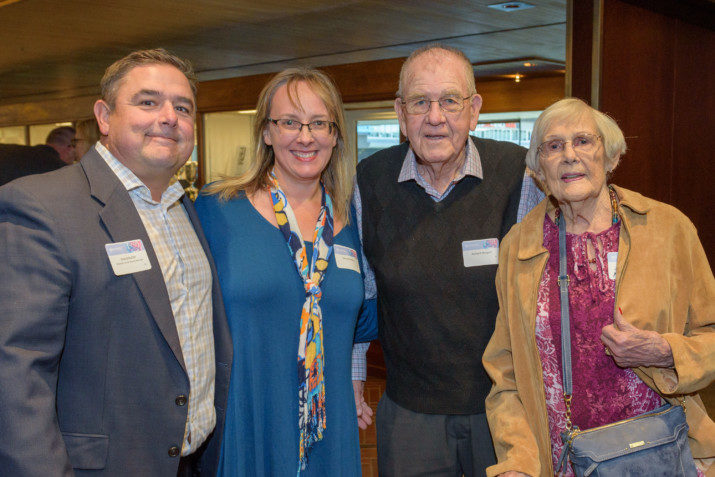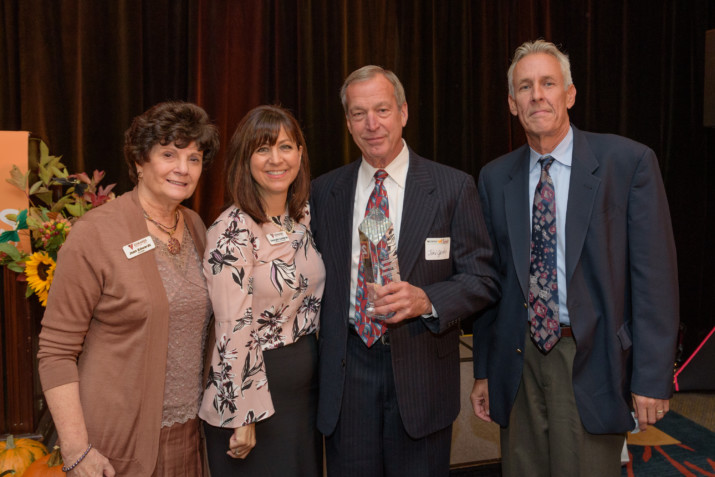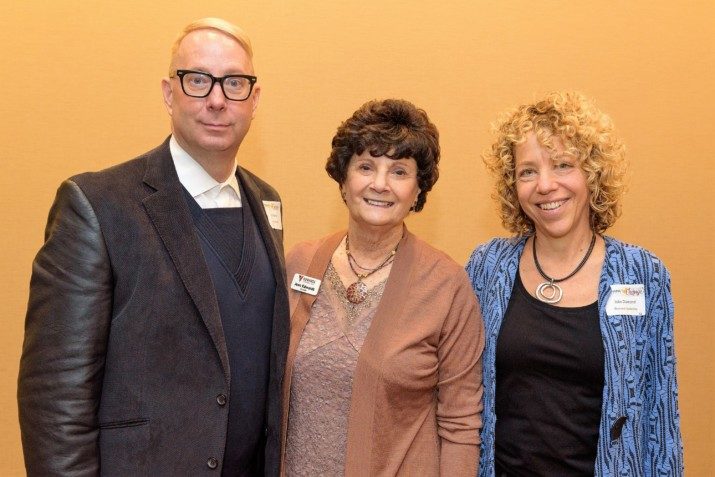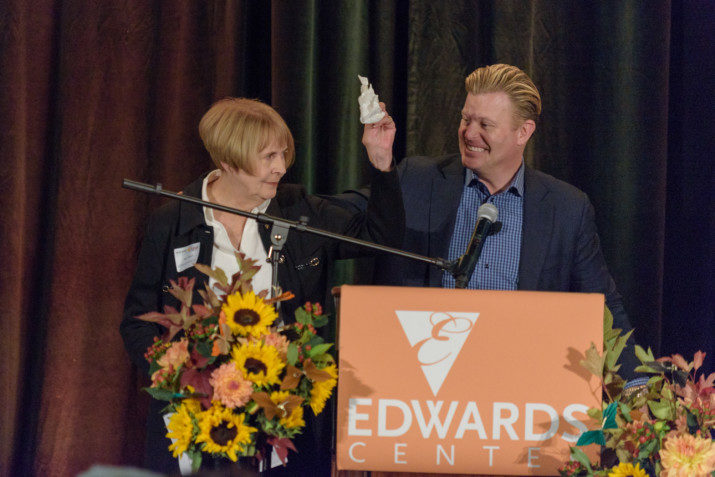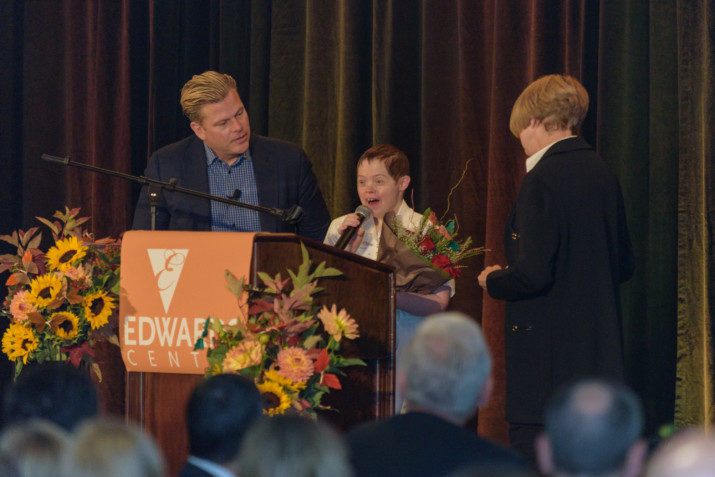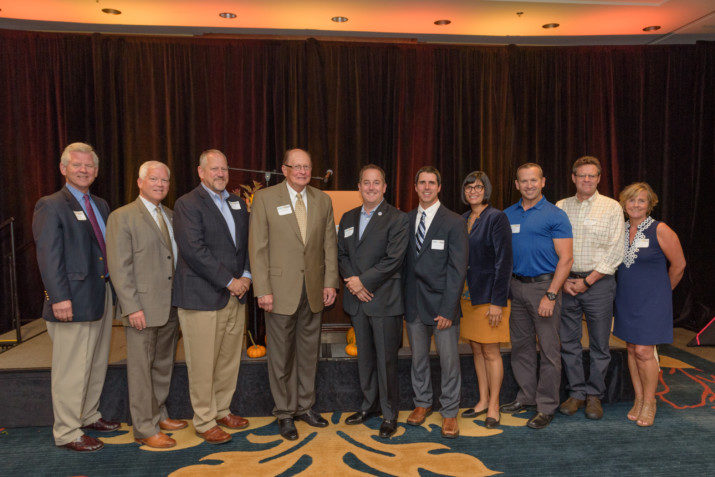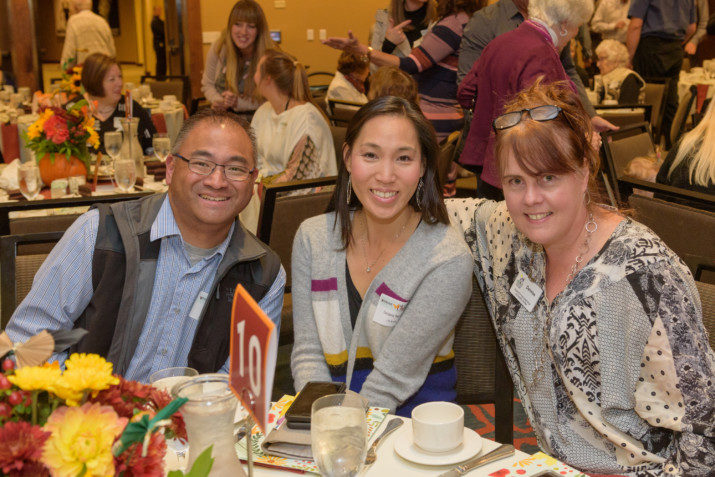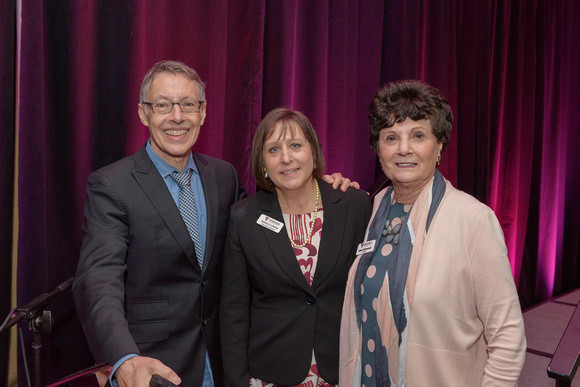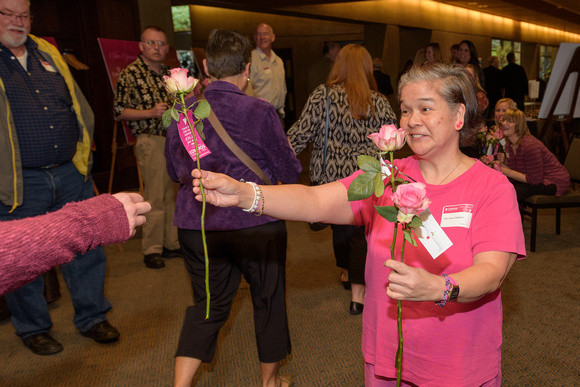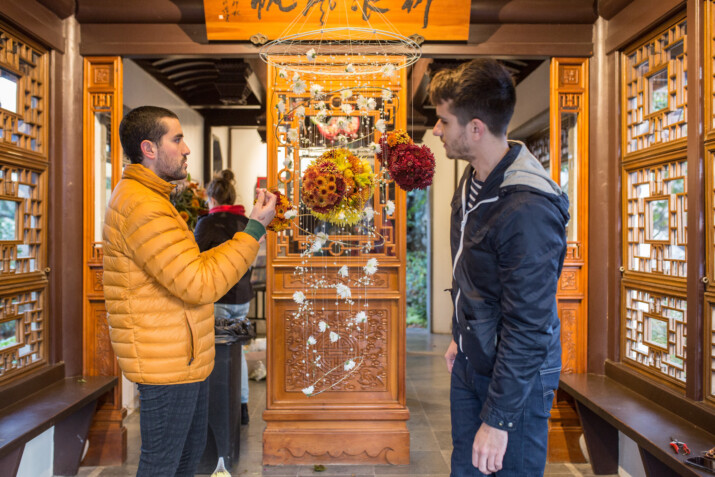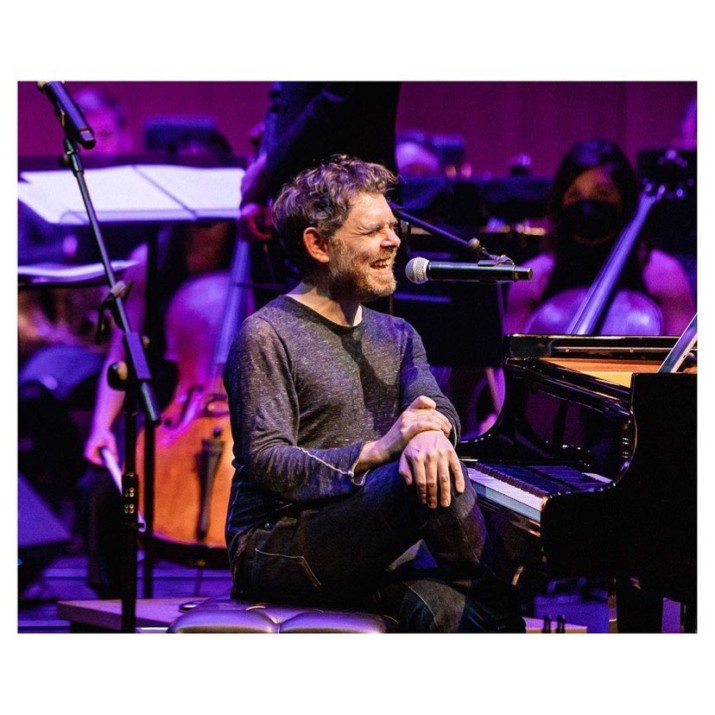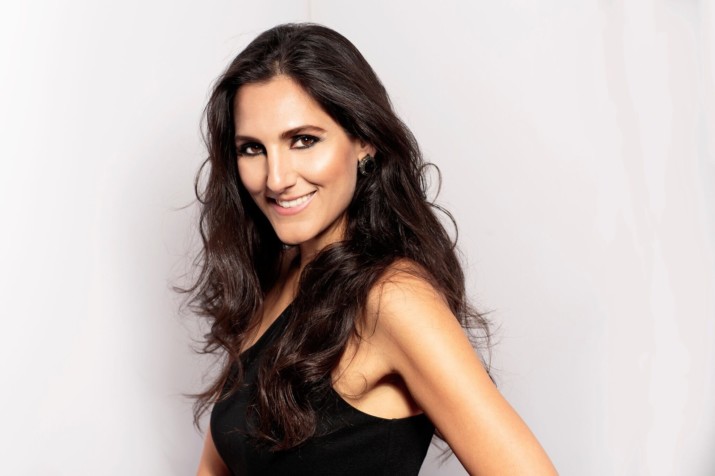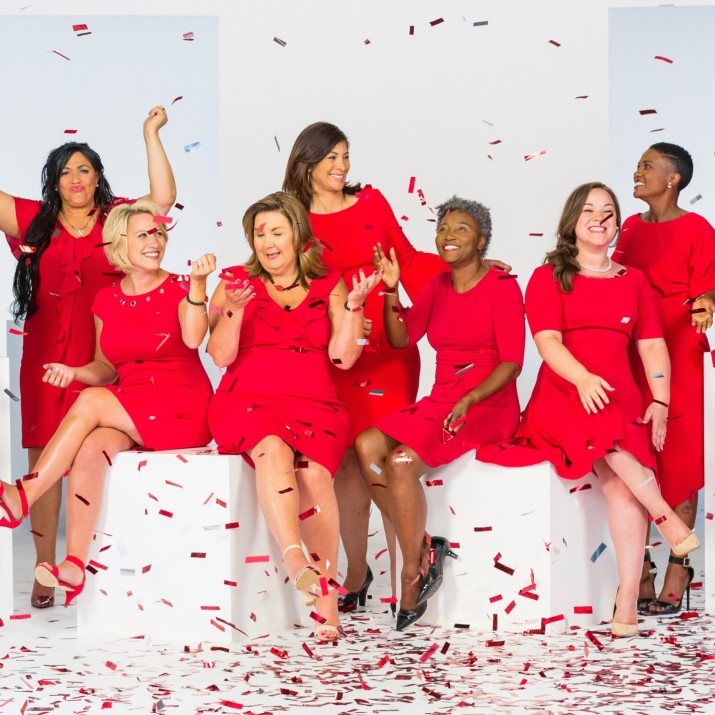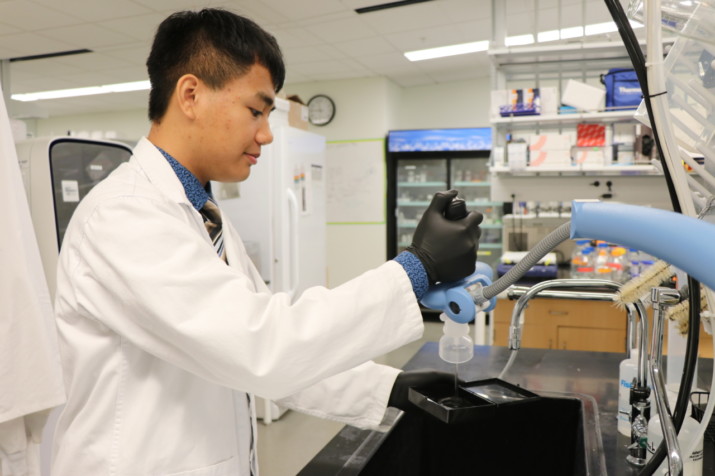
Vancouver’s Kuni Foundation Awards $13.2 Million to Oregon and Washington Nonprofits
Vancouver, WA. The Kuni Foundation, of Vancouver, Washington is awarding 19 grants worth $13.2 million. The grants support dismantling disparities in cancer detection and treatment for Black, Indigenous, and people of color (BIPOC) communities and housing solutions for people experiencing intellectual disabilities.
The grants were awarded to a wide range of groups. Providence St. Vincent Medical Foundation, for instance, received $430,000 “to explore key drivers of disparities in breast cancer screenings by socioeconomic status, race and ethnicity.” And Oregon Health & Science University received $1.5 million “to accelerate the development of low-cost blood biopsies, which would increase access to early cancer detection for underserved communities.”
Wayne and Joan Kuni were known for their commitment to community service. Wayne Kuni founded Kuni Automotive, and over the years, the Vancouver, Washington-based company grew into a network of 15 automobile dealerships in Oregon, Washington, California, Colorado, and Kansas. The foundation was founded by Wayne and Joan Kuni.
Joan E. Kuni died at age 88 in 2019. Her husband, Wayne Kuni, founded Vancouver-based Kuni Automotive in 1970 died from lung cancer in 2006. The foundation was the largest shareholder of Kuni Automotive and in 2016 created a $50 million fund for cancer and other medical research and to enhance the lives of developmentally disabled adults — causes that were close to the Kuni’s hearts. The fund has grown year by year since then.
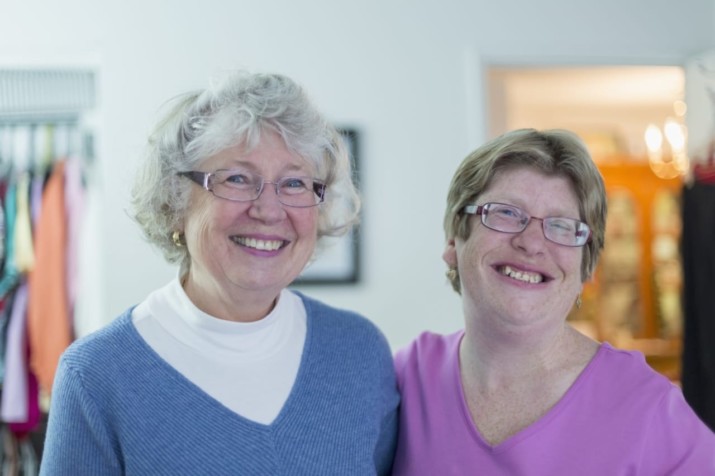
There are an estimated 24,000 adults with intellectual and developmental disabilities (IDDs) in the region who face housing insecurity now and in the coming years. Of those adults, 70% in Southwest Washington and 61% in Oregon live with family members, and one-quarter to half of those family members are aging parents who lack an affordable housing option for their children once they are no longer able to provide care.
“We’re excited to help advance the transformative work of these organizations and individuals,” said Angela Hult, President of the Kuni Foundation. “These projects reflect our commitment to supporting collaborative, pioneering approaches that propel equitable access to housing, cancer detection and treatment.”
From The Kuni Foundation:
Reducing Disparities, Improving Outcomes
Native Americans face profound barriers in accessing cancer screenings and treatment that can result in later stage diagnosis, increased complications, and life-limiting prognosis. A collaborative effort between UW Medicine and Washington State University received just over $1.4 million from the Foundation to work in tandem with tribal communities on culturally appropriate solutions to reduce barriers to cancer detection and treatment and improve outcomes. The research focused on early detection of endometrial cancer among Black women received $1.2 million in funding. Black women’s mortality resulting from endometrial cancer has worsened over the past 20 years, and they are more likely to have advanced-stage cancer when diagnosed.
UW Medicine researchers also received grants for efforts that include the creation of the world’s first Cancer and Transplant Clinic and National Collaborative Bioregistry and the advance of glioblastoma research, one of the most fatal and hard to treat brain tumors.
“These transformational grants recognize the strength of cancer research and collaborations across UW Medicine,” said Paul G. Ramsey, MD, Chief Executive Officer of UW Medicine. “Many of these grants support bold projects aimed at reducing health disparities in underserved populations. We are truly grateful to the Kuni Foundation for their significant partnership and advocacy for a healthier and more just future.”
Providence St. Vincent Medical Foundation received $430,000 to explore key drivers of disparities in breast cancer screenings by socioeconomic status, race and ethnicity. The intent is to drive health policy and systems change to create more equitable health outcomes. In the long-term, these changes will lead to higher rates of mammography screening, especially among communities experiencing disparities, leading to earlier treatment and increased survival.
Oregon Health & Science University received $1.5 million to accelerate the development of low-cost blood biopsies, which would increase access to early cancer detection for underserved communities. The Knight Scholars Program received $1 million to expand to schools in Portland and Eastern Oregon that have a high percentage of students from Hispanic, Native American and Black communities and to bolster peer-to-peer mentoring opportunities. The program offers high school students whose communities are underrepresented in cancer research, health care and public health the opportunity to explore cancer research careers.
Expanding Housing Access
Ten nonprofits advancing a diverse range of urban and rural housing solutions for the I/DD community also received funding. According to a recent study cited in Psychology Today, 30 to 40 percent of people experiencing homelessness also experience a cognitive challenge, and many have never been professionally diagnosed. A $230,000 grant to Seattle-based Ryther will advance community outreach and accessibility to screenings, mental health services and public benefits, transitioning individuals experiencing both I/DD and homelessness to stable housing.
A $250,000 grant to Northwest Housing Alternatives will support the due diligence necessary for the development of an inclusive, affordable housing effort in Portland while a grant to FCC Homes provides emergency funding to find stable housing for displaced adults. When the Port of Centralia declared eminent domain over the land owned by Alderhouse, a Washington home for adults experiencing I/DD, FCC Homes stepped in to help the long-time residents find alternative housing. Horizon Project, Inc. received $850,000 to expand rural housing options in Hermiston and Pendleton.
“Actively listening to the voices of people and service providers in both rural and urban areas, the Kuni Foundation is flexible in its partnerships, helping dreams become reality,” said Terri Silvas, Ph.D., Chief Executive Officer of The Horizon Project. “The Foundation’s support has been a catalyst for helping our organization enhance inclusion and quality of life for people experiencing I/DD in rural eastern Oregon.”
The following organizations received grants:
Alpha Supported Living Service, Bothell, WA: I/DD Home Renovation,
Community Vision, Portland, OR: Expanding Inclusive and Independent Housing,
Edwards Center, Beaverton, OR: I/DD Home Renovation,
FFC Homes, Centralia, WA: Relocation for Displaced Alderhouse Residents,
Horizon Project, Inc., Milton-Freewater, OR: New Rural Housing Development,
Life Enrichment Options, Seattle, WA: New Housing,
Northwest Housing Alternatives, Portland, OR: Apartments at Grace Commons,
Ryther, Seattle, WA: Pathways to Stability for IDD People Experiencing Homelessness,
Stephen’s Place, Vancouver, WA: General Operating Support for I/DD Housing,
Oregon Health & Science University, Portland, OR: SMARRT/Low-Cost Blood Biopsies,
Oregon Health & Science University, Portland, OR: Knight Scholars Program: Expansion to Promote a More Diverse Cancer Research Workforce,
Providence St. Vincent Medical Foundation, Portland, OR: Enhancing Health Equity by Understanding Key Drivers of Disparities in Breast Cancer Screening,
UW Medicine, Seattle, WA: Translating Single Cell Analysis into Actionable Therapeutic Strategies for Glioblastoma,
UW Medicine, Seattle, WA: Discovery Omics for Targeted Treatment for Orphan Brain Cancers,
UW Medicine, Seattle, WA: Reevaluation of TVUS to Improve Early Detection of Endometrial Cancer Among Black Women,
UW Medicine, Seattle, WA: Comprehensive Cancer & Transplant Consult Clinic and National Collaborative Bioregistry,
UW Medicine, Seattle, WA: Developing the Basis for Precision Modification of Gut Microbiome to Improve Cancer Immunotherapy,
UW Medicine, Seattle, WA: Increasing Native Radiation Oncology Access: Disparities and Solutions,
UW Medicine, Seattle, WA: Uncovering the Progression from Clonal Hematopoiesis to Leukemia,
Based in Vancouver, Washington, the Kuni Foundation fuels the power of human potential by investing in scientists advancing cancer research and efforts that accelerate the inclusion of people who experience intellectual and developmental disabilities. Learn more at www.kunifoundation.org or via Twitter at @KuniFoundation.


